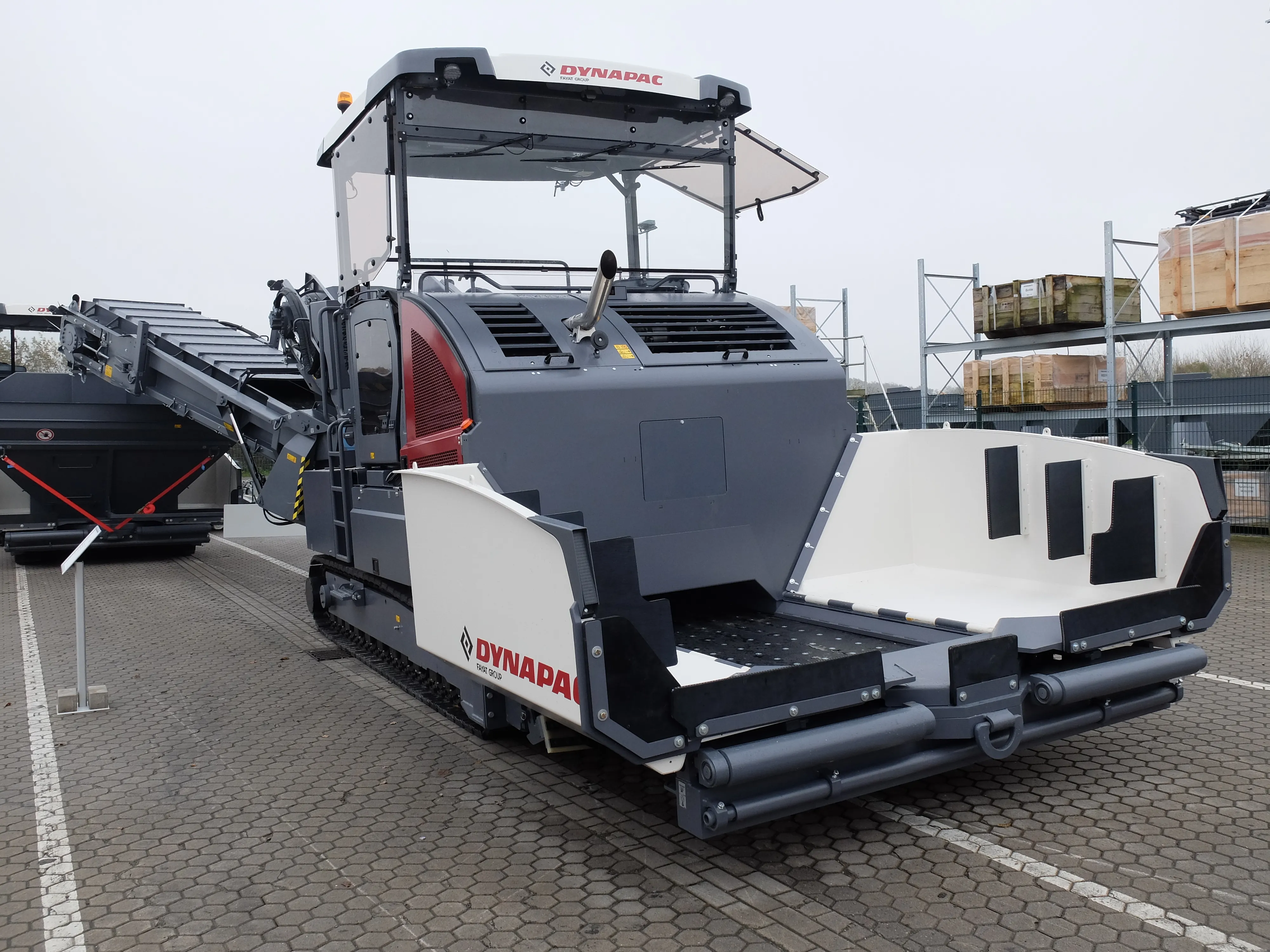Dr Cristian Gonzalez, director IRF World Road Statistics, was in Athens to share IRF’s expertise in data collection at a three-day regional workshop organised by the EuroMed Transport Support Project. The event offered a novel opportunity to share national, European and international experiences and best practices with road safety data and allow a regional exchange on setting up a road map for the follow-up actions. The Workshop hosted 40 experts, of which 25 from EuroMed Partner countries. The “EuroMed Transport Support Project” (EuroMed TSP) is a four-year, EU-funded project that started in January 2017. It aims to increase the sustainability and performance of transport operations in the Mediterranean region through increased safety in transport operations; increased efficiency/lower costs of transport; lower environmental impact of transport, thus contributing to regional economic integration, economic well-being and job creation. The project covers Algeria, Egypt, Israel, Jordan, Lebanon, Libya, Morocco, State of Palestine and Tunisia. It was the first time that Road Safety data experts from the Ministry of Transport, Police and the Health Sector from the EuroMed region met. Chaired by Michalis Adamantiadis, EuroMed TSP team leader and road freight transport key expert, the workshop hosted experts from six (6) EuroMed Partner Countries. These were Algeria, Egypt, Jordan, Morocco, Palestine and Tunisia, together with distinguished speakers from several international and European organisations (UNECE, UNESCWA, WHO, FIA, IRF, the EU-funded “SaferAfrica” project). Issues discussed included: existing methods of road safety data collection in the EuroMed Partner Countries; existing best practices, methods and tools at national, European and international level. They also looked at awareness raising on the reasons of the existing discrepancies between the official national data and WHO estimates and suggestion of ways to bridge them; support to countries to implement common definitions and international good practice on road safety data in the region. In addition they looked at support to countries to improve their vital registration data (VRD), that are considered by WHO in its global reports. Dr Cristian Gonzalez, director of statistics, IRF, presented the group’s road safety data related initiatives, notably the IRF World Road Statistics (WRS) as the only comprehensive source of data for inland road traffic and transport sectors, edited yearly since 1964 for more than 205 countries. WRS data is collected from primary sources and the definitions used are based on the ITF/EUROSTAT/UNECE Glossary of Transport Statistics and those of the World Bank. Dr. Gonzalez stressed that the officially reported road crash statistics in the African & Mediterranean regions versus estimated statistics show 4.5 and 2.3 times difference, the highest gap in the world, as per WHO Global Status Report on Road Safety. He also referred to the data collection and tool for police crash traffic (RADaR) developed by IRF as an innovative and scientific data collection and reporting system. He concluded by recommending increased awareness on the importance of road safety data; equal importance on RS data with other type of statistics (Economics, Tourism, Health). He also stressed the need for coordination between different key national stakeholders; adequate training and technology/tools; availability of proper financial resources; and creation of RS central data repository.
Supporting road safety data collection in EuroMed Region
Dr Cristian Gonzalez, director IRF World Road Statistics, was in Athens to share IRF’s expertise in data collection at a three-day regional workshop organised by the EuroMed Transport Support Project. The event offered a novel opportunity to share national, European and international experiences and best practices with road safety data and allow a regional exchange on setting up a road map for the follow-up actions. The Workshop hosted 40 experts, of which 25 from EuroMed Partner countries. The “EuroMed T
December 13, 2018
Read time: 3 mins







